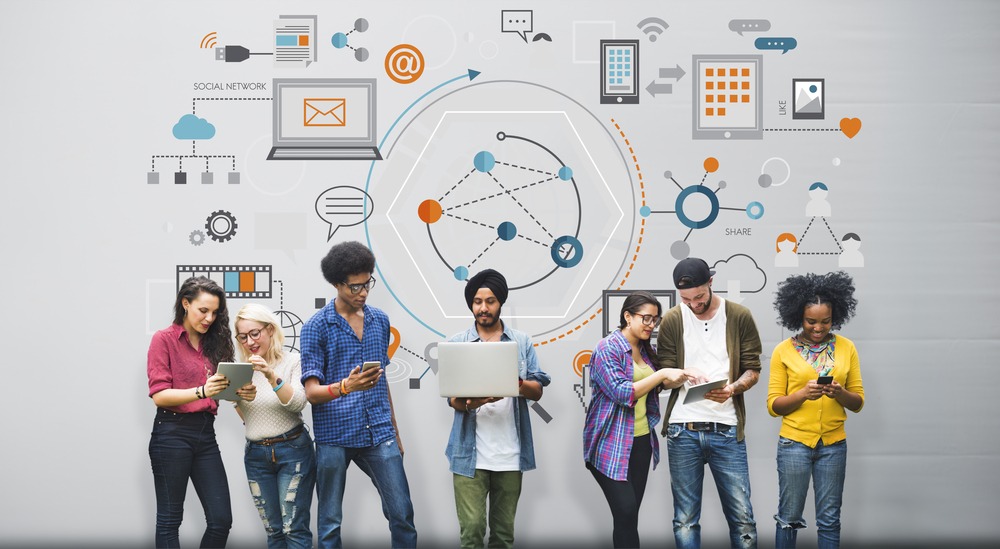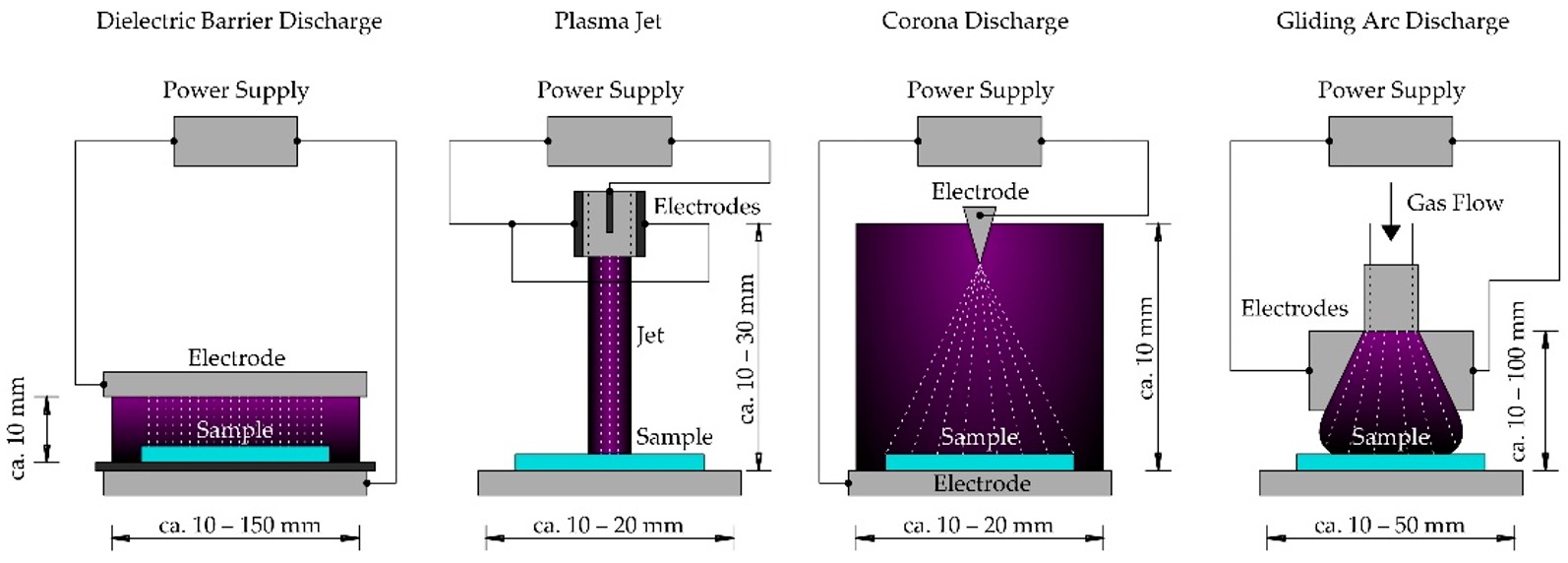How Does Technology Make Our Lives Better
Technology has become an integral part of our lives, shaping the way we work, communicate, learn, and entertain ourselves. From the smartphones in our pockets to the complex algorithms powering our online experiences, technology has revolutionized nearly every aspect of modern life. While concerns about its potential downsides are valid and important to address, it's undeniable that technology has brought about significant improvements in countless ways.

This blog post will delve into the multifaceted ways technology enhances our lives, exploring its impact on various domains:
1. Communication and Connectivity:
Technology has shattered geographical barriers, connecting people across continents in real-time. Instant messaging apps, video conferencing tools, and social media platforms allow us to stay in touch with loved ones, collaborate with colleagues, and build communities regardless of physical distance. This enhanced connectivity fosters stronger relationships, facilitates global collaboration, and promotes cultural exchange.
2. Access to Information and Education:
The internet has democratized access to information like never before. With a few clicks, we can access a vast repository of knowledge, from academic journals to online courses to news from around the world. This empowers individuals to learn new skills, explore different perspectives, and stay informed about current events.
Educational technology has also transformed the learning experience. Interactive platforms, online tutoring services, and educational apps provide personalized learning experiences, catering to individual needs and learning styles.
3. Healthcare Advancements:
Technology plays a crucial role in improving healthcare outcomes. Medical imaging techniques like MRI and CT scans allow for early and accurate diagnosis of diseases. Telemedicine platforms enable remote consultations, expanding access to healthcare for people in remote areas. Wearable devices track vital signs and promote healthy habits, empowering individuals to take control of their well-being.
4. Increased Efficiency and Productivity:
Automation and artificial intelligence (AI) are transforming industries, streamlining processes, and boosting productivity. From manufacturing robots to AI-powered customer service chatbots, technology automates repetitive tasks, freeing up human workers for more creative and strategic endeavors.
5. Entertainment and Leisure:
Technology has revolutionized the way we consume entertainment. Streaming services provide on-demand access to movies, TV shows, and music. Video games offer immersive and interactive experiences. Social media platforms connect us with friends and allow us to share our experiences.
6. Accessibility and Inclusivity:
Technology can empower individuals with disabilities by providing assistive tools and adaptive technologies. Screen readers enable visually impaired individuals to access digital content. Mobility aids and prosthetic limbs enhance mobility and independence.
7. Environmental Sustainability:
Technology can contribute to environmental sustainability through various means. Smart grids optimize energy consumption, reducing waste. Renewable energy technologies like solar and wind power provide clean energy alternatives. Precision agriculture techniques minimize resource use and maximize crop yields.
8. Economic Growth and Innovation:
Technological advancements drive economic growth by creating new industries, jobs, and opportunities. Startups and entrepreneurs leverage technology to develop innovative solutions to societal challenges.
Addressing Concerns and Ensuring Responsible Development:
While technology offers numerous benefits, it's crucial to acknowledge and address its potential downsides. Concerns about data privacy, cybersecurity threats, job displacement, and the spread of misinformation require careful consideration and proactive solutions.
Promoting responsible development and ethical use of technology is paramount. This involves:
Data Privacy and Security: Implementing robust data protection measures and ensuring transparency in data collection and usage.
Cybersecurity: Strengthening cybersecurity infrastructure to protect against cyberattacks and data breaches.
Digital Literacy: Educating individuals about responsible technology use, critical thinking skills, and online safety.
Ethical AI Development: Ensuring that AI algorithms are developed and deployed ethically, avoiding bias and discrimination.
Regulation and Governance: Establishing clear regulations and ethical guidelines for emerging technologies.
Conclusion:
Technology has undeniably transformed our lives for the better, connecting us, empowering us, and improving our well-being. By embracing its potential while addressing its challenges responsibly, we can harness the power of technology to create a more equitable, sustainable, and prosperous future for all.




